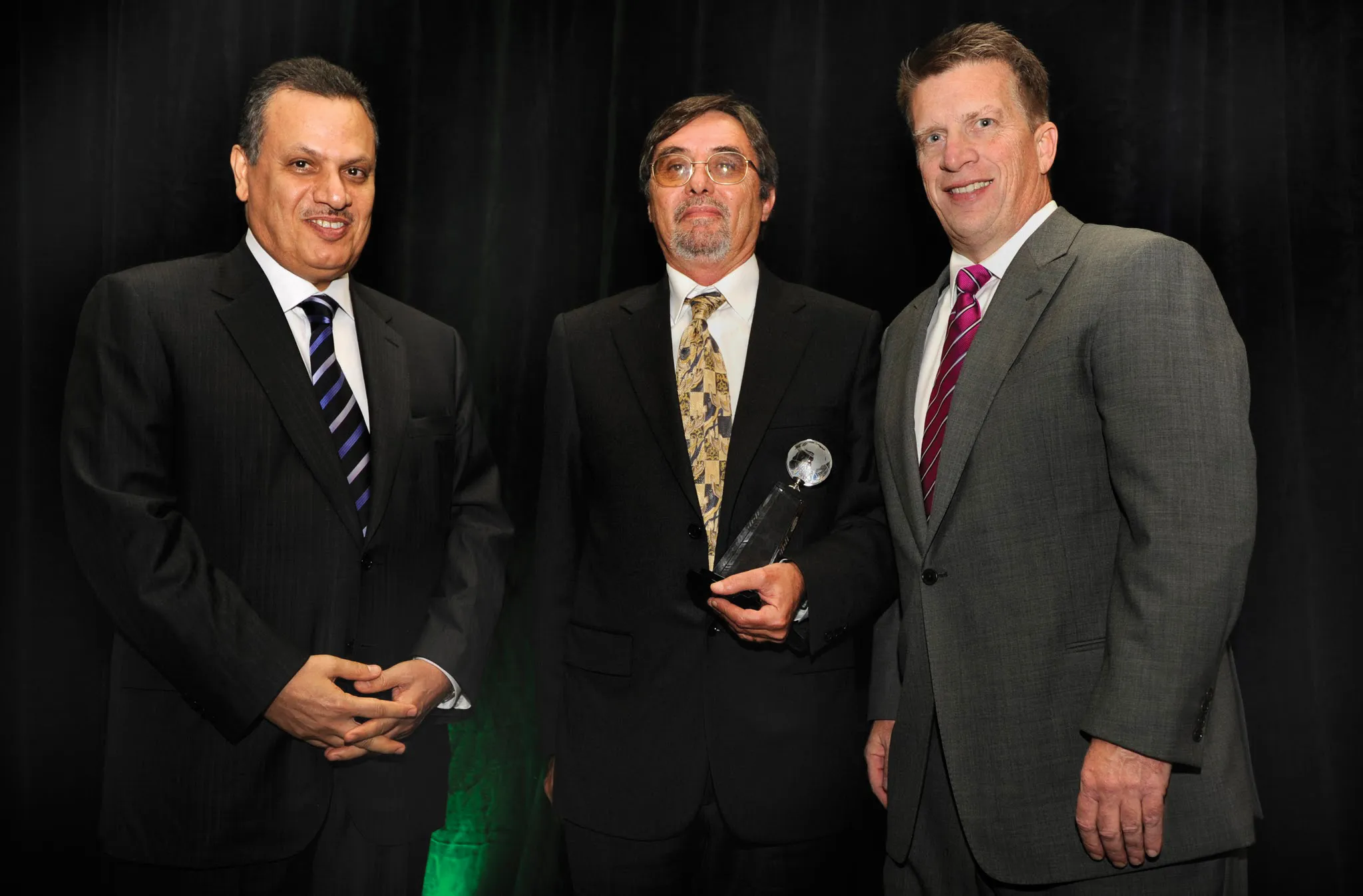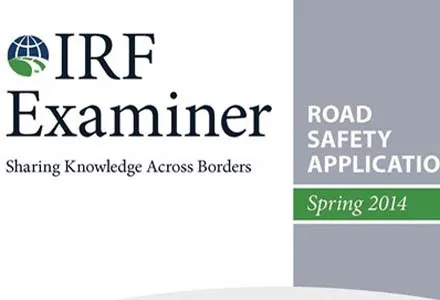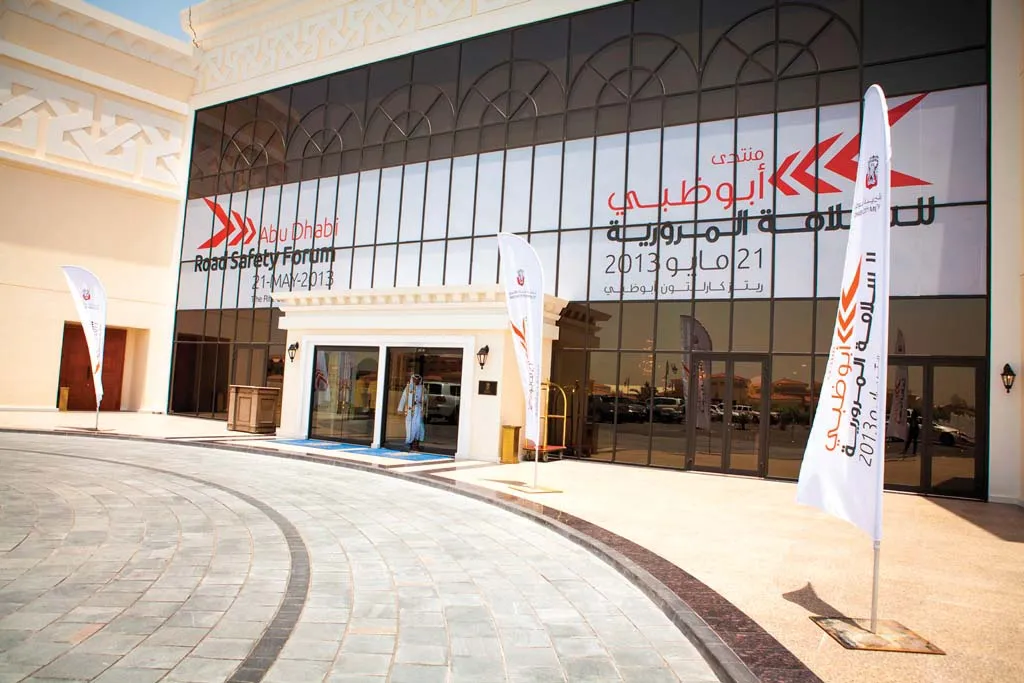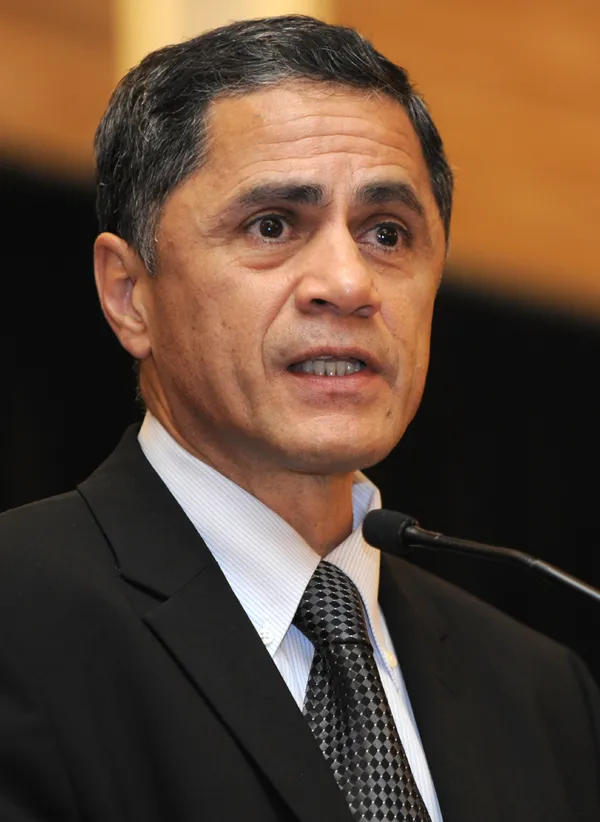Engineering firm Exergia completes vital communication route using innovative construction methodology. The devastation caused by a 35-year armed conflict has led to a high state of degradation of Angola’s network of roads and bridges, presenting a significant impediment to the country’s recovery. In 2002, the Government of Angola created an extensive rehabilitation and reconstruction program of the road system. As part of this program, the rehabilitation of National Highway 120, the main road linking
June 14, 2012
Read time: 2 mins

Engineering firm Exergia completes vital communication route using innovative construction methodology
The devastation caused by a 35-year armed conflict has led to a high state of degradation of Angola’s network of roads and bridges, presenting a significant impediment to the country’s recovery. In 2002, the Government of Angola created an extensive rehabilitation and reconstruction program of the road system. As part of this program, the rehabilitation of National Highway 120, the main road linking the capital city of Luanda with Huambo, one of the largest cities, was deemed a national priority. Lisbon-based engineering firm andSince this road is used mainly by heavy goods vehicles, its rehabilitation had to be conducted with minimum impacts on commercial traffic. It was also necessary to overcome the shortage of materials and technical resources available, as well as the lack of a skilled national workforce qualified to deliver the work. Thus, efforts were made to adapt
construction methodologies to the materials available locally, accompanied by strict validation and laboratory control to ensure quality and performance. Local workforce was used wherever possible, creating an exponential increase in employment among the affected communities.
Care was also taken to carry out the rehabilitation of the road to meet and improve upon the original design. Exergia began by carrying out a thorough inspection of the conditions of the existing bridges and bridge supports so that the different components of projects were carried out in the correct order. Where possible existing structures were used, restoring them to ensure their reliability, and changes were introduced to ensure a higher level of traffic safety.
The opening of the Luanda - Huambo link has allowed people access to essential supplies of food, clothing and healthcare and has resulted in an exponential growth of the services and industries in the cities it serves.
Are you up for the challenge ?
Since the launch of the GRAAs, IRF has awarded more than 90 projects in thirty countries for their highest recognition, while highlighting how road programs help achieve broader development goals. IRF is now taking applications across 11 categories: submit your entry in the 2012 GRAA competition is May 31, 2012. Find out more here:
%$Linker:








